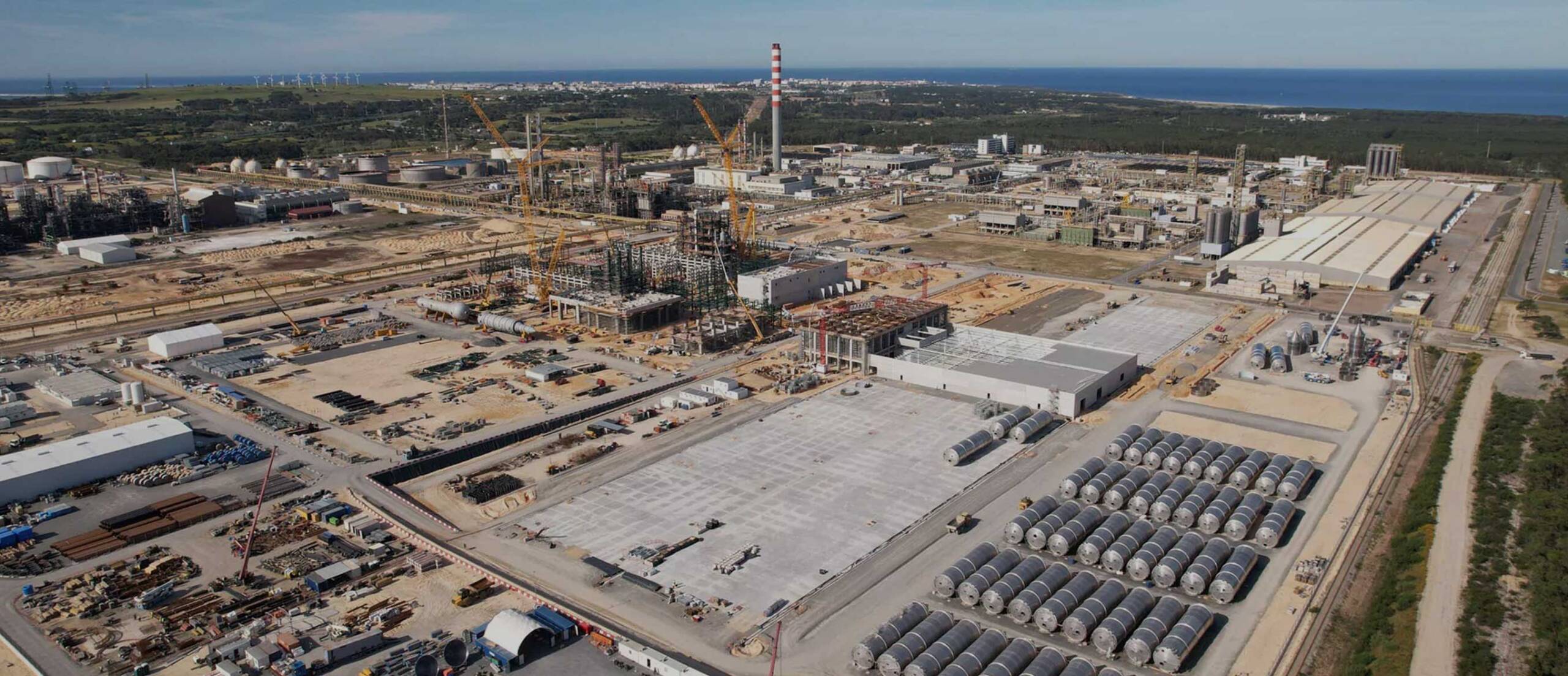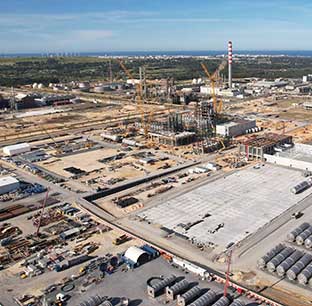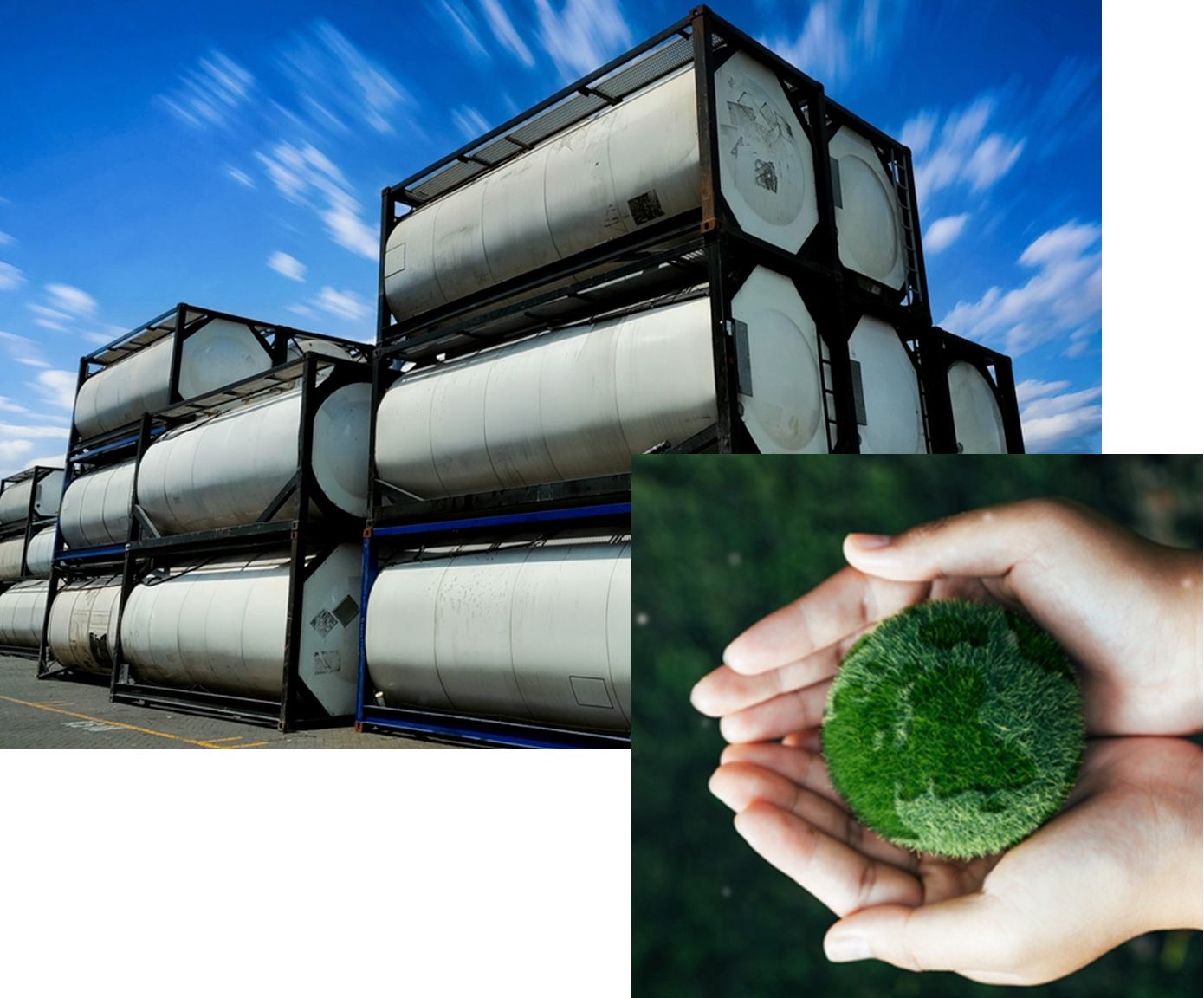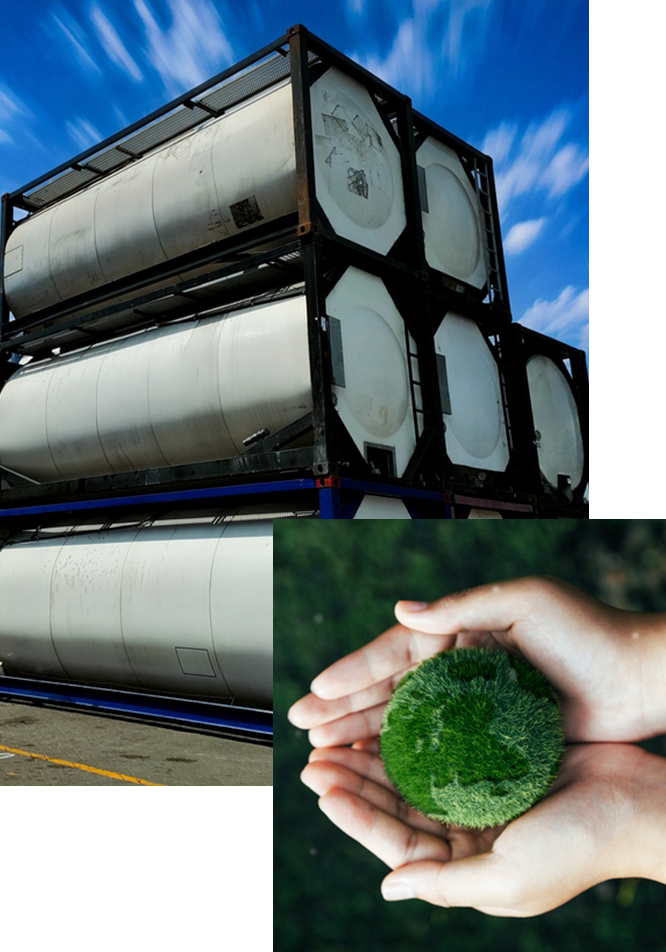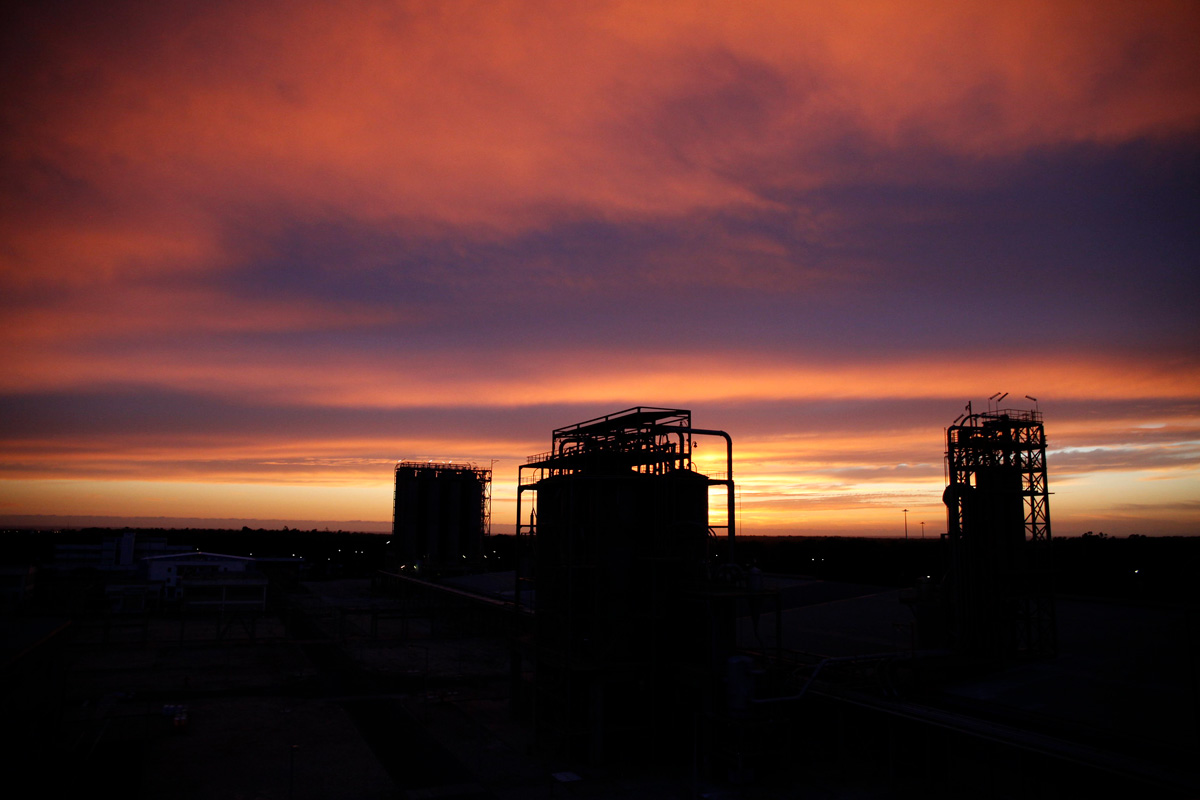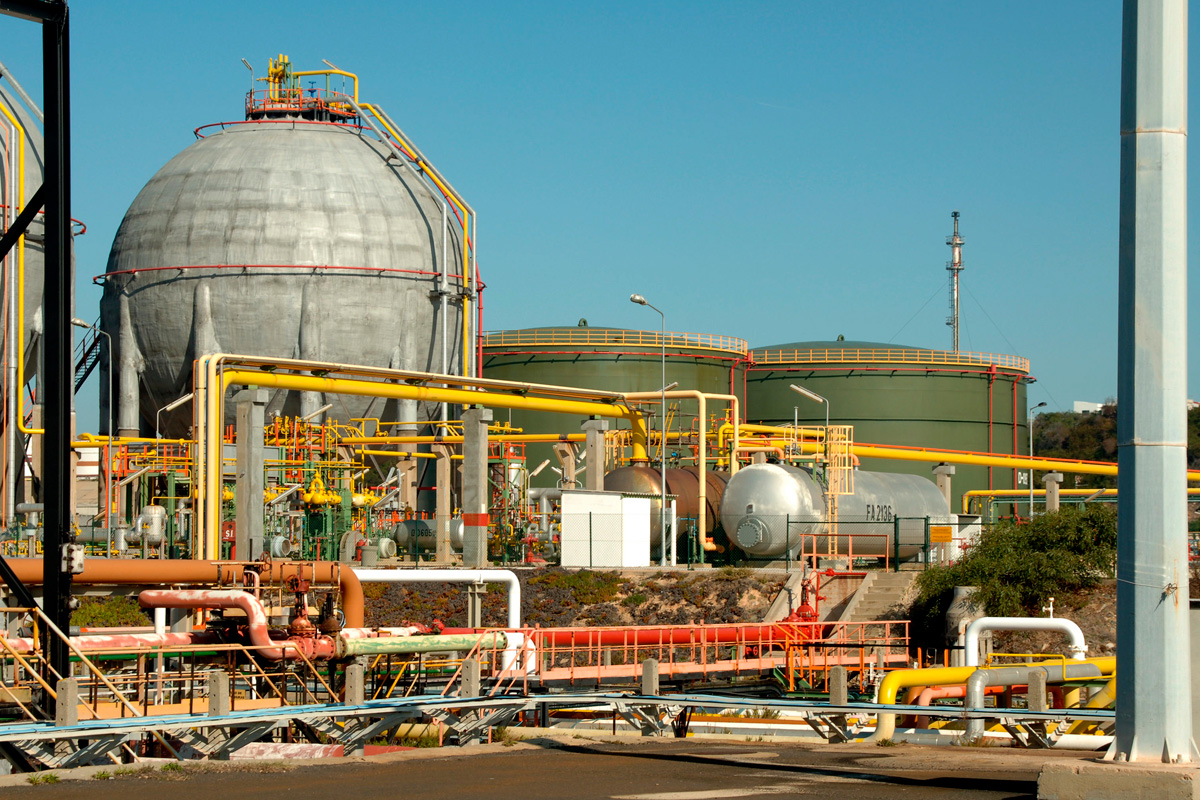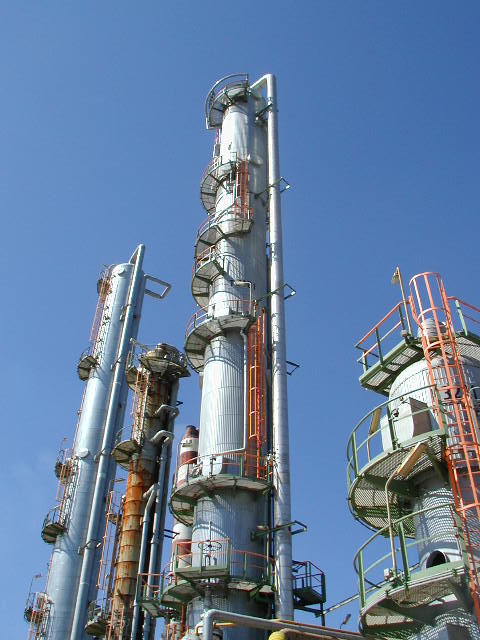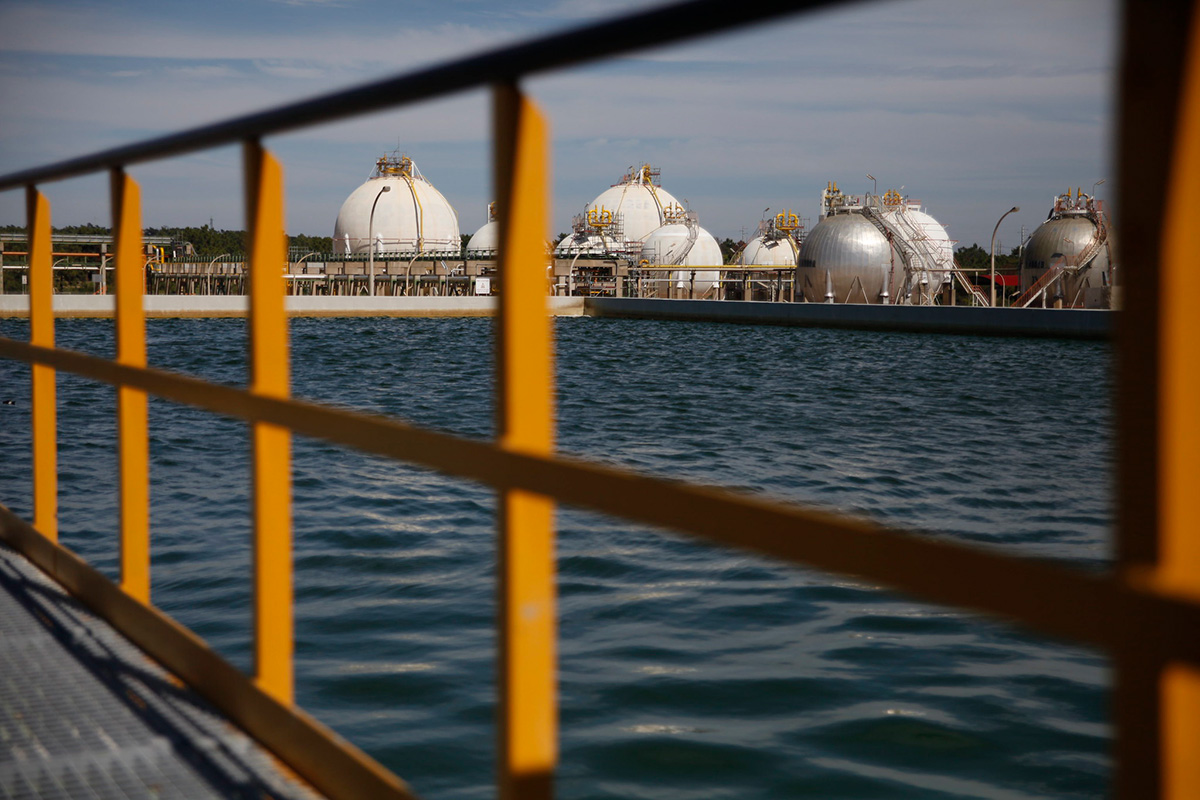Challenge
Repsol is currently working to turn its sites into multi-energy hubs, able to process all types of waste as well as produce renewable fuel and products with a low, net-zero or even negative carbon footprint.
As such, the company is introducing new technology and digital solutions at its production plants, designed to allow it to decarbonise its processes through energy efficiency, electrification and measures aimed at driving the circular economy.
The transformation of industry represents an opportunity to advance the sector, increase its contribution to the economy, create quality jobs, drive the digitalisation of SMEs and diversify the country’s energy mix.
One of its most notable initiatives in this area is the expansion of its industrial complex in Sines (Portugal). Known as the Alba Project, it was launched in 2021 and includes the creation of a new linear polyethylene plant as well as a polypropylene plant, which will have a combined annual output of 600,000 tonnes. This will see the site grow from 143 to 181 hectares.
Once both plants are in operation, the industrial complex in Sines will be one of the most advanced in Europe due to its flexibility, high degree of integration and competitiveness.
A total of EUR 657 million will be invested in the project, making it the biggest in Portugal in the past 10 years.
Our work
Ayesa has provided detailed engineering and purchase management services for the project. This has seen it design the processes, mechanical and electrical equipment, piping, infrastructure and OSBL instrumentation systems.
This project involves new tank loading and unloading systems, storage facilities with a new tank and sphere, lines connecting the various units and existing installations, new safety and control systems, and utility and drainage installations. The existing facilities will also be modernised.
During the construction phase, it is estimated that an average of 550 direct and indirect jobs will be created, although this may reach more than 1000 at certain times. Once in operation, the expanded site will create 75 more direct and around 300 more indirect jobs than it currently does.
Value add
The new units will use market-leading technologies in the process and will be the first of their kind in the Iberian Peninsula.
The products obtained in the new plants will be 100% recyclable and can be used in highly specialised applications, aligned with the energy transition, such as the pharmaceutical, automotive and food industries.
These petrochemical products, very present in everyone's daily life, have a leading role in a scenario of lower carbon intensity. They also improve energy efficiency thanks to their properties, as they reduce the weight of materials, thus, for example, contributing to lower energy consumption in mobility and allowing for better insulation of homes and buildings.
One of the great attractions of this initiative is that it envisages new logistics facilities that could incorporate rail. This possibility will optimise the connection to the European market and reduce the carbon footprint associated with the transport of products.
